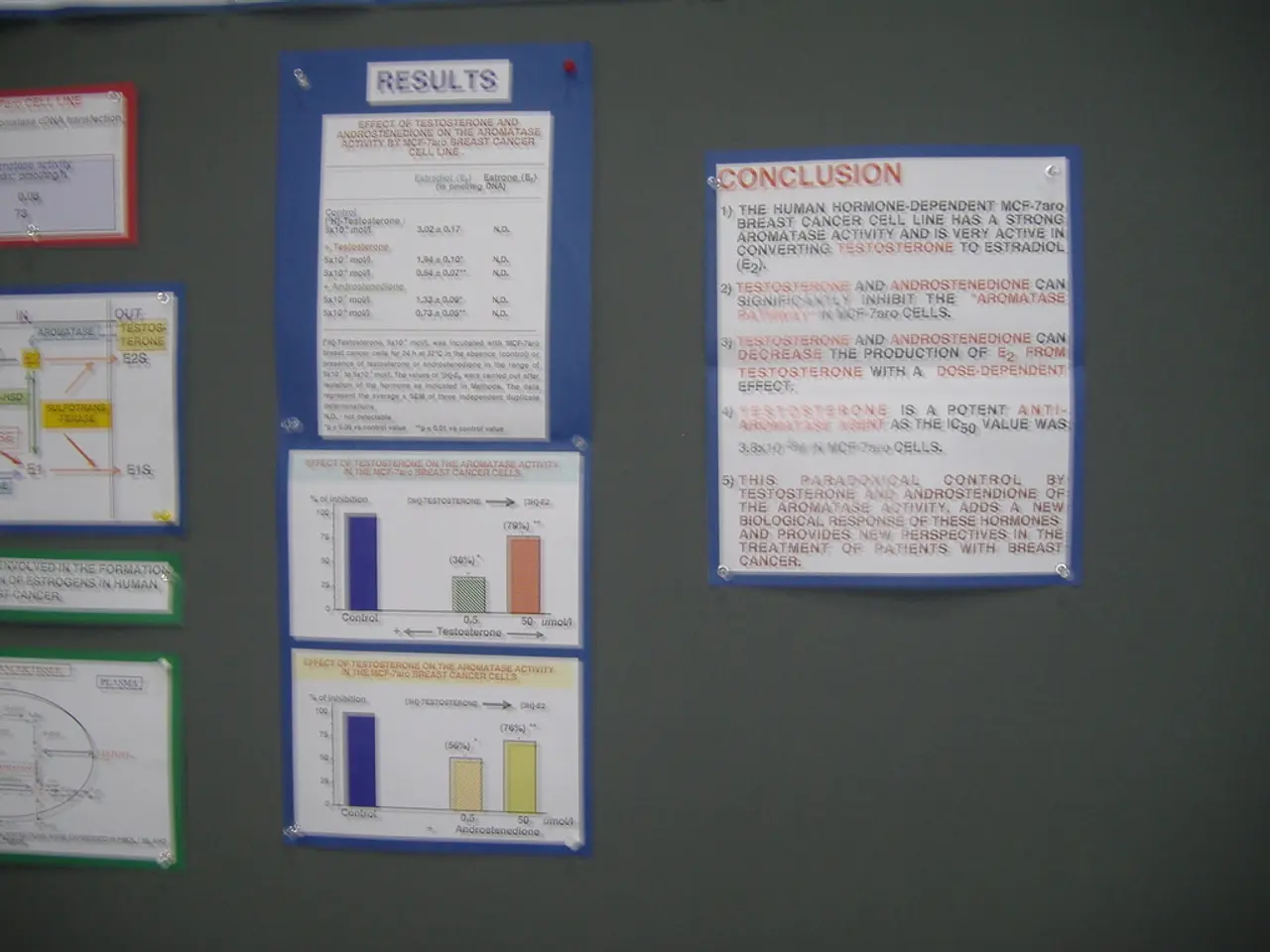Stay Alert for False Tax Statements: Recognizing Deceptive Tax Filings
Unmasking Deceitful Tax Notices: Recognizing False Tax Reminders
German taxpayers should exercise caution when receiving demands from the Federal Central Tax Office, as counterfeit tax notices have resurfaced. Fraudsters posing as the Federal Central Tax Office are sending letters requesting immediate payment of hundreds of euros in late fees for supposedly overdue tax returns.
Recognizing Fraudulent Tax Notices
Authored by the Bavarian Tax Assistance (Lohi), below are several key elements to identify if a tax notice is genuine:
- Inconsistencies: While initially appearing convincing, close examination may reveal inconsistencies such as different dates on different pages or mismatched sender information.
- Personal Greeting: Tax notices often address the recipient by name rather than the generic "Dear Taxpayer." In contrast, counterfeit notices often omit this personal greeting.
- Responsibilities: Local tax offices are responsible for handling tax returns, whereas the Federal Central Tax Office plays a separate role. If correspondence regarding tax returns arrives from the Federal Central Tax Office, it may be false.
- Foreign IBAN: German authorities do not maintain accounts abroad. If the provided account details begin with "ES" (indicating Spain), the notice is likely fake.
Procedures for Confirmation and Reporting
If the above points don't reveal any inconsistencies in your tax notice, and you are still unsure, contact your local tax office using the contact details listed on the notice or found online. This will help you determine if there is indeed a claim against you.
In the event that you have already shared personal information or made payments to a suspicious sender, report the incident to your local police station promptly. Additionally, consult the guidelines provided by the Federal Office for Information Security (BSI) and the Federal Financial Supervisory Authority (BaFin) for further assistance in identifying and reporting scams.
To ensure you don't fall victim to these scams, it's crucial to exercise caution and verify any suspicious tax communications from the German tax authorities. Be advised that genuine tax notices are sent via postal mail, not electronic messages, and do not demand immediate payment.
[Source: ntv.de, awi/dpa]
- Tax tips
- Tax notice
- Tax office
- Tax return
- Employee
- Consumer
- Crime
- Phishing
- In light of the resurgence of counterfeit tax notices, it's important for consumers to recognize fraudulent tax communications from the Federal Central Tax Office.
- For confirmation of a received tax notice or to report a suspected scam, individuals should contact their local tax office using the provided contact details or those found online. Furthermore, they should also report the incident to their local police station and seek guidance from the Federal Office for Information Security (BSI) and the Federal Financial Supervisory Authority (BaFin).
- Employment policy (Since the tax notice is related to worker's financial responsibilities)
- General-news (The report about the phishing scam is considered general news)
- Crime-and-justice (The fraudulent tax notice is categorized as a crime)
- Business (The tax notice is a topic related to business finances)
- Finance (Tax notices deal with the financial aspect of an individual's employment)




